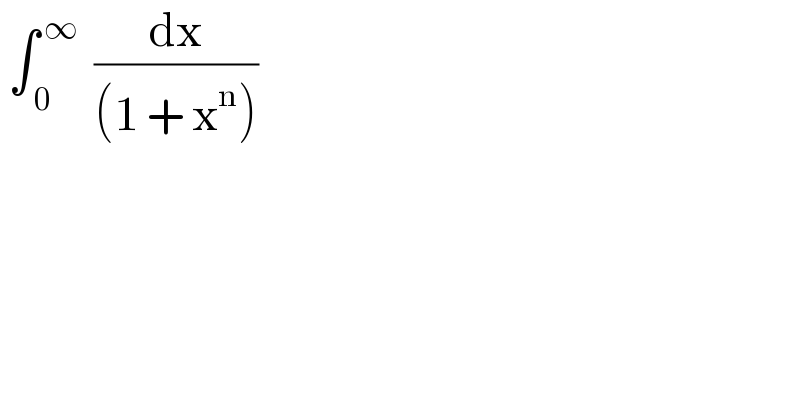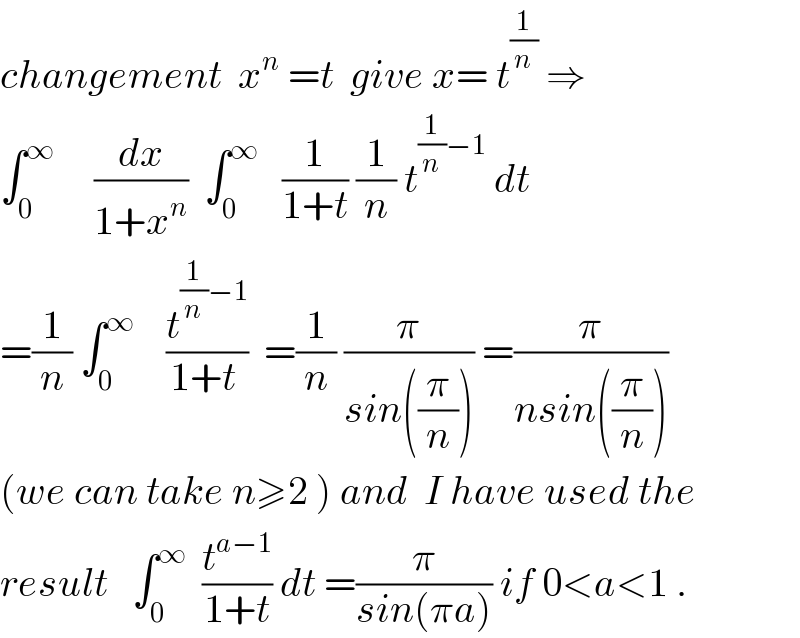
Question and Answers Forum
Question Number 42157 by Tawa1 last updated on 19/Aug/18

Commented by math khazana by abdo last updated on 19/Aug/18

Commented by Tawa1 last updated on 19/Aug/18

Commented by math khazana by abdo last updated on 20/Aug/18

| ||
Question and Answers Forum | ||
Question Number 42157 by Tawa1 last updated on 19/Aug/18 | ||
 | ||
Commented by math khazana by abdo last updated on 19/Aug/18 | ||
 | ||
Commented by Tawa1 last updated on 19/Aug/18 | ||
 | ||
Commented by math khazana by abdo last updated on 20/Aug/18 | ||
 | ||